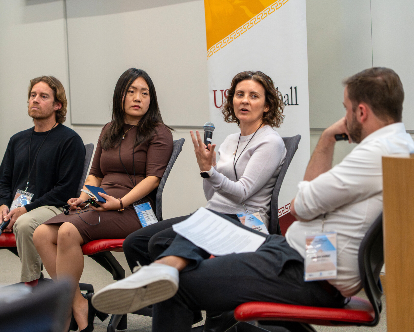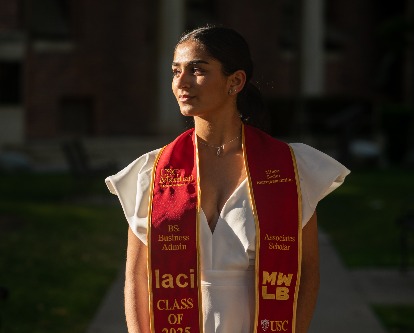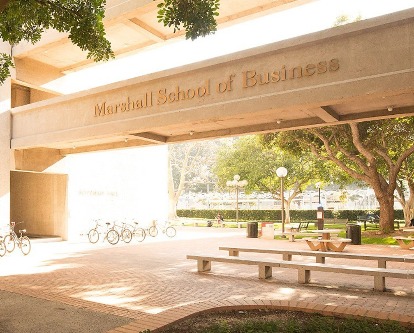 Great strides are being made in artificial intelligence across many disciplines, from self-driving cars to smart phones to virtual assistants to robots. AI makes headlines. But should we be worried?
Great strides are being made in artificial intelligence across many disciplines, from self-driving cars to smart phones to virtual assistants to robots. AI makes headlines. But should we be worried?
The Neely Center for Ethical Leadership and Decision Making, in its fifth annual symposium, will take a deeper dive into that question, with scholars from the fields of business, ethics, public policy and technology, Thursday, Nov. 4, 2021 from 8:30 a.m.- 1:30 p.m. The event is virtual.
The Neely Center is a collaboration of the USC Marshall School of Business, the USC Viterbi School of Engineering, and the USC Sol Price School of Public Policy. Now in its sixth year, the Center aims to foster discussions of applied ethics in commerce, public policy, and engineering among the university community and its surrounding neighborhoods, including students, staff, faculty, and community members.
Endowed by Jerry Neely, a University Life Trustee and 1958 business school graduate and his wife, Nancy Neely, the Center seeks to draw on the experience and wisdom of leaders in every field to focus attention on the great need for ethical consciousness among company leaders and professionals of all stripes.
This year's symposium is titled, "The Ethical Implications of Artificial Intelligence," and will explore just some of the many questions surrounding the topic. What is the appropriate application of AI in the professions, and what are the attending ethical considerations? What promise does it hold for elevating ethical consciousness where it is applied? On the other hand, must its presence be safeguarded with a special vigilance? Can technology ever approach the consciousness of humans? If it does, should the status of personhood—with both its rights and responsibilities—be considered for such technology?
With scholars from Marshall, Viterbi, Price, and Dornsife, expect a vibrant discussion of these and other questions. Also speaking is Marian Croak, a Viterbi alumna and vice president of engineering at Google, who is credited as a developer of voice-over IP. She was recently one of two black scientists inducted into the National Inventor's Hall of Fame this year.
Featured Speakers include:
- USC Marshall: Kalinda Ukanwa: "Ethical Dilemmas of AI in Application to Marketing."
- USC Viterbi: Kristina Lerman and Fred Morstatter: "Data, Ethics, and AI."
- USC Dornsife: Sharon Lloyd: "Personhood, AI, and Moral Agency."
- USC Price: Frank V. Zerunyan: "Public Policy, AI, and Ethics."
- Viterbi Alumna: Marian Croak, VP Engineering, Google: "Responsible AI and Application for Social Good."
- USC Marshall: Stephen Byars: Conclusion/Implications for the Future.




